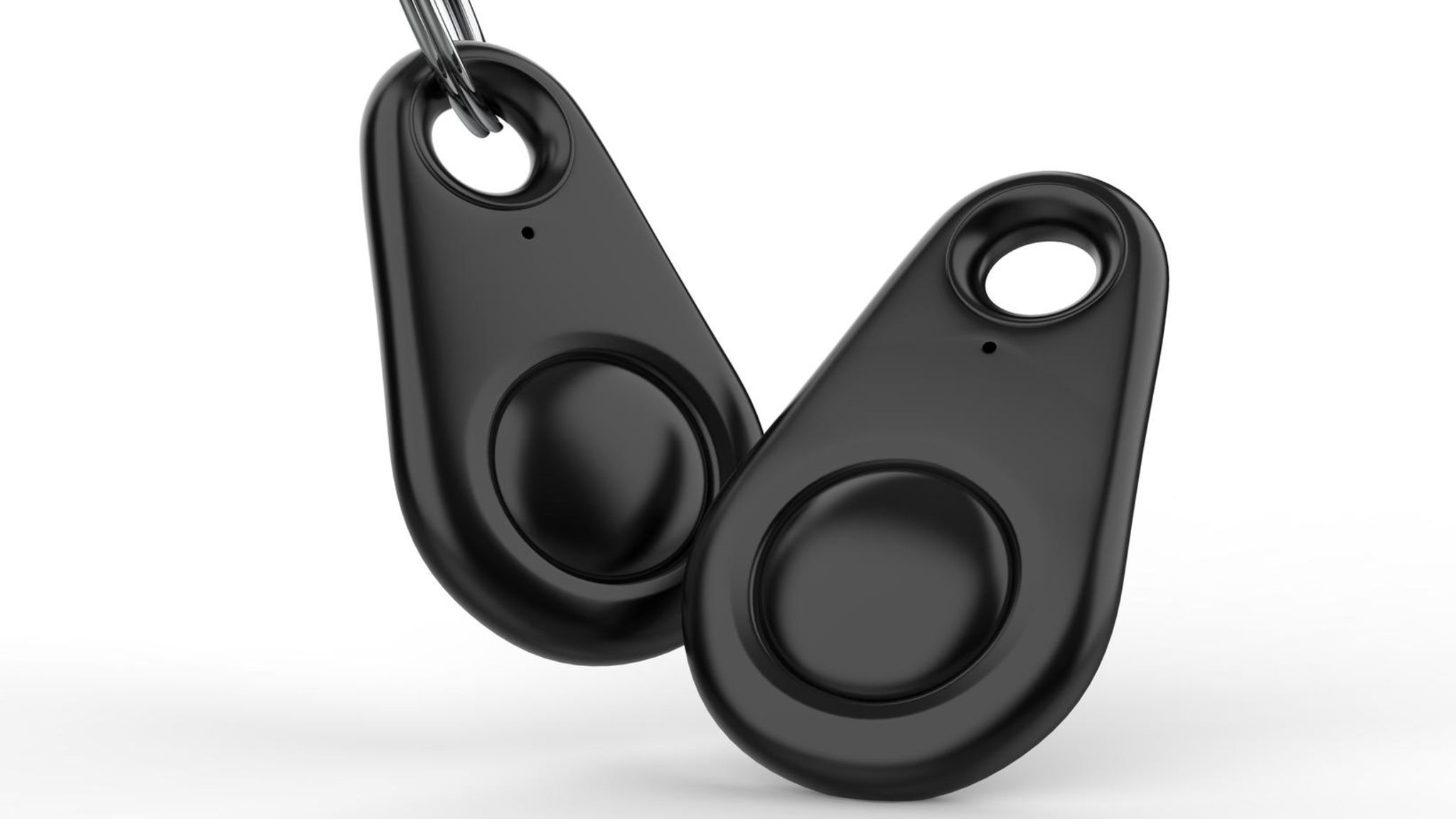
Can AirTags Work with Android?
Apple's AirTag, while popular for tracking personal items, does not work with Android devices as intended. AirTags use Bluetooth Low Energy (BLE) to communicate with smartphones but rely on Apple's Find My network for accurate location information. This network involves numerous Apple devices uploading the tag's location to the cloud, allowing users to see its last known location.
Limited Functionalities for Android Users
Though AirTags are not fully compatible with Android, some limited functionalities are available:
- Tracker Detect App: Android users can use the Tracker Detect app to scan for nearby AirTags and other Find My-compatible devices. This app is available on the Google Play Store.
- NFC Chip: Every AirTag has an NFC chip readable by both Android and iOS devices. Scanning the AirTag with an Android phone will trigger an alert with a web link or open the phone's browser to an information page about the tag.
How to Detect an AirTag on Android
If you suspect someone is using an AirTag to track you, follow these steps:
- Download the Tracker Detect App: Available for free on the Google Play Store, compatible with Android 6.0 or later.
- Open the App: Launch the Tracker Detect app on your Android phone.
- Scan for Trackers: Tap "Scan for Trackers" to initiate a scan for nearby AirTags or other Find My-compatible devices.
- Identify the Tracker: If an AirTag is detected, a notification will appear. Tap on it to see more information, including instructions on contacting the rightful owner.
Limitations of AirTag Functionality on Android
While Android users can detect and identify AirTags using the Tracker Detect app, they cannot use AirTags to track their own objects. AirTags require integration with Apple's Find My network, which is unavailable on Android devices.
Alternatives for Android Users
Several alternatives offer similar functionality for Android users:
Google's Find My Device Network
Google's Find My Device network provides tracking capabilities similar to Apple's Find My network. This network relies on millions of Android phones to help locate lost trackers, ensuring encrypted and anonymized location data.
Tile
Tile offers Bluetooth trackers compatible with all Android smartphones and Apple devices. While it doesn't have the same worldwide reach as Google and Apple's networks, it provides a versatile solution for those avoiding ecosystem lock-in.
Samsung Galaxy SmartTags
Samsung's Galaxy SmartTags are another excellent choice for Android users. These tags benefit from the ubiquity of Samsung Galaxy phones worldwide, offering a robust tracking solution compatible with Android devices.
Chipolo Point One
Chipolo's One Point tracker supports Google's new Find My Device network. This cost-effective tracker features a replaceable battery and an IPX5 rating, making it an excellent alternative to AirTags for Android users.
Security Concerns and Solutions
AirTags have raised concerns about their potential use as hidden tracking devices. Apple has implemented several measures to address this issue:
- Beeping Mechanism: If an AirTag detects it is traveling away from its owner, it will start to beep after an extended period. This feature helps users detect if someone is using an AirTag to track them without consent.
- Tracker Detect App: The Tracker Detect app allows Android users to scan for nearby AirTags and other Find My-compatible devices that might be tracking them without their knowledge.
Understanding these limitations and exploring available options ensures users have the best solution for their needs.
